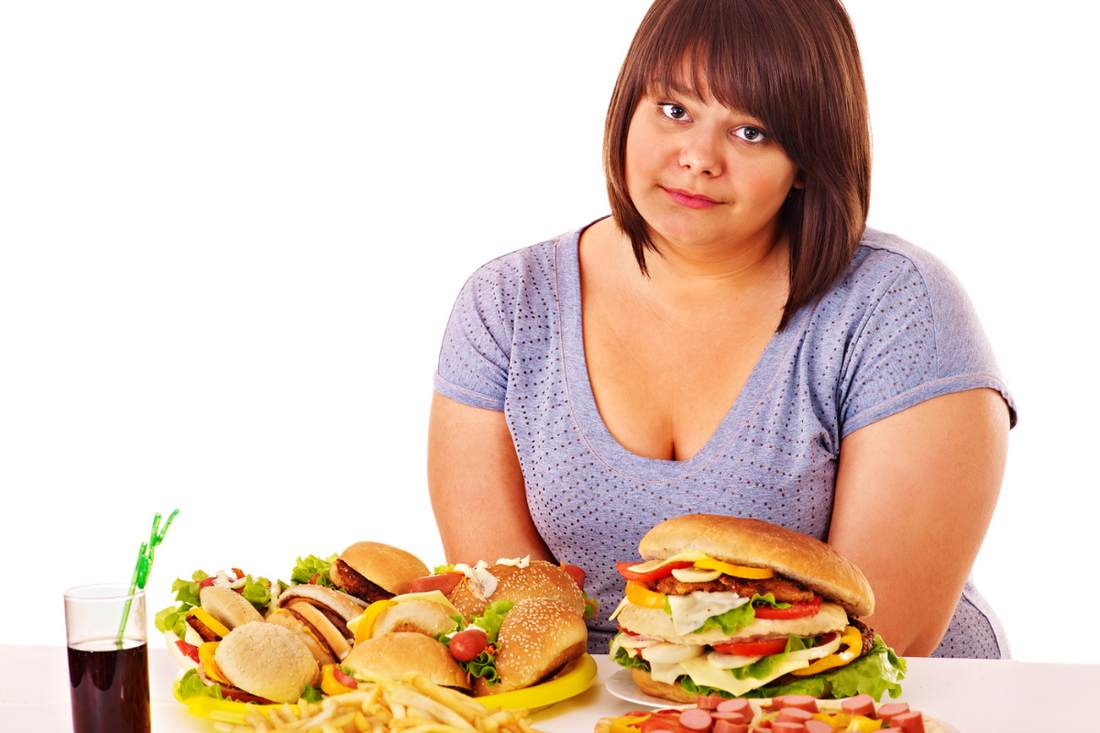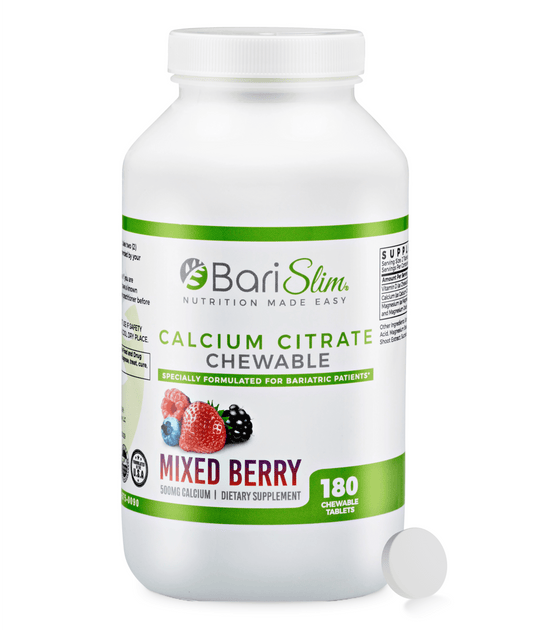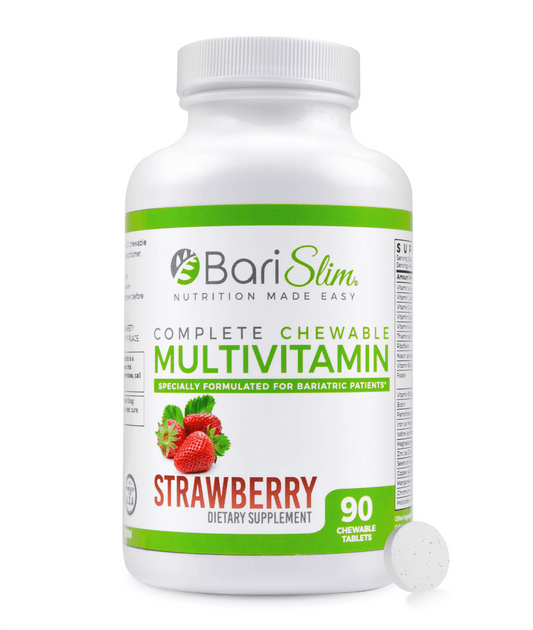Table of Contents
- Large Meals
- Reheated Microwave Food
- Sugary Beverages
- Caffeinated Beverages
- Carbonated Beverages
- Alcoholic Beverages
- Raw Fibrous Vegetables
- Raw Fruits
- Whole Dairy
- Breakfast Sausage Including Bacon & Sausage
- Whole Not Ground Meats
- Carbs Including Bread
- Hot & Spicy Foods
- Greasy Foods - Especially Fast Food
- Foods Containing Sugar Alcohols
Gastric sleeve surgery is a life-changing procedure that helps individuals lose weight by reducing the size of the stomach. This procedure allows them to feel full faster, thus consuming fewer calories and promoting weight loss. However, after undergoing this surgery, there are certain foods that you should avoid to ensure your continued health and success in shedding those extra pounds.
Adjusting to a new dietary lifestyle after gastric sleeve surgery can be challenging but essential for your well-being. Some foods can cause discomfort or even complications, so it's important to be aware of what not to eat during your post-op journey. In the following article, we'll discuss some specific foods that should be avoided after undergoing gastric sleeve surgery and provide tips on how to maintain a healthy, balanced diet.
Large Meals
After gastric sleeve surgery, you should avoid consuming large meals. Your stomach's capacity has been significantly reduced, and it can no longer handle large portions of food. Instead, focus on eating small portions throughout the day. This will help prevent overloading your stomach and causing discomfort.
When eating, take small bites and chew your food thoroughly. This will aid in digestion and help your body absorb the nutrients more efficiently. Eating too quickly or taking large bites can cause discomfort and lead to vomiting or pain.
Remember to listen to your body and stop eating when you feel full. Overeating can cause complications and hinder your weight loss progress. Following your gastric sleeve surgery, you can ensure a successful recovery by focusing on small portions, small bites, and proper digestion.
Reheated Microwave Food

After undergoing gastric sleeve, it is essential to be mindful of the foods you consume. One type of food to avoid is reheated microwave food. These meals often have high sodium and fat content, which can disrupt your recovery and weight loss progress.
Instead, choose fresh, nutrient-dense foods supporting your new lifestyle and health goals. Additionally, reheated microwave food may not cook uniformly, potentially leading to digestive discomfort. To prevent complications and support your long-term well-being, prioritize balanced nutrition with minimally processed ingredients.
Remember, proper nutrition is key to your success after gastric sleeve surgery. Always consult your medical team for personalized dietary advice.
Sugary Beverages
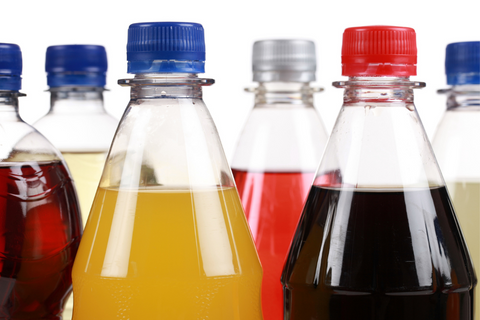
After your gastric sleeve surgery, consuming sugary beverages can negatively affect your weight loss progress and overall health. These drinks often contain high amounts of corn syrup, fructose, and other added sugars that can cause dumping syndrome and weight regain.
It is important to avoid drinks like sodas, energy drinks, and fruit juices due to their high sugar content. Instead, opt for healthier alternatives such as water, herbal tea, or sugar-free options that use natural sweeteners. These choices will support your weight loss journey and contribute to a healthier lifestyle.
Caffeinated Beverages
After undergoing a gastric sleeve surgery, it's essential to reconsider your consumption of caffeinated beverages. Caffeine is a stimulant that can negatively affect your digestion and absorption of essential nutrients post-surgery.
Caffeinated beverages, such as coffee, tea, and energy drinks, can contribute to increased stomach acid production, leading to irritation and discomfort. Additionally, caffeine may stimulate bowel movements, causing diarrhea and cramping.
To avoid these complications, gradually reduce your intake of caffeinated beverages and replace them with healthier alternatives like water, herbal tea, or decaffeinated coffee. Staying informed about dietary choices will contribute to optimal recovery and long-term success.
Carbonated Beverages
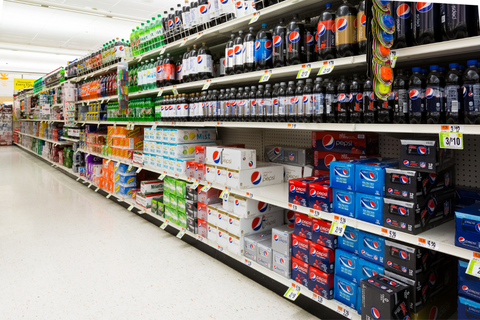
After a gastric sleeve surgery, it's crucial for you to avoid consuming carbonated beverages. The gas in these drinks can cause discomfort and bloating. In addition, carbonated beverages are often high in sugar and empty calories, which can hamper your weight loss progress.
Consuming sugary, carbonated drinks also increases the risk of "dumping syndrome," a condition where sugars move too quickly into the small intestine, causing abdominal pain and diarrhea. To stay on track with your post-surgery goals, replace carbonated beverages with healthier alternatives like water, herbal tea, or sugar-free flavored drinks. By making these changes, you'll achieve better nutrition and a smoother recovery.
Alcoholic Beverages
After gastric sleeve surgery, it is important to avoid consuming alcoholic beverages. Alcohol can not only cause damage to your stomach lining but also contribute to weight regain. You need to be cautious about your alcohol intake, especially during the initial recovery period.
If you decide to consume alcohol, do so in moderation, but remember that it can interfere with your weight loss goals and the effectiveness of surgery. Be mindful of alcoholic drinks' calorie content, and opt for lower-calorie options when possible.
It is best to discuss your alcohol consumption with your healthcare professional to ensure that you can safely enjoy occasional alcoholic beverages without compromising your progress.
Raw Fibrous Vegetables
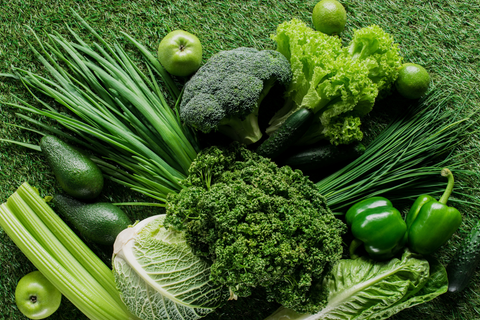
After gastric sleeve surgery, your digestive system will require some adjustments. Raw fibrous vegetables should be avoided, as they can be challenging for your modified stomach to break down and digest. Eating these types of vegetables could lead to discomfort and potential complications.
Some examples of fibrous vegetables to avoid include celery, cabbage, and broccoli. These vegetables are high in cellulose, a complex carbohydrate that can be difficult for your stomach to process post-surgery. Instead, opt for cooked or steamed vegetables, as the heat softens the fibers and makes them easier for your stomach to handle.
Incorporating gentler, more easily digestible vegetables into your diet will help aid digestion and promote a successful gastric sleeve recovery. Always consult your doctor or dietitian for personalized recommendations on your nutritional needs and dietary restrictions post-surgery.
Raw Fruits
After a gastric sleeve surgery, avoiding certain foods is essential to maintain a healthy lifestyle and prevent possible complications. One such category of foods includes raw fruits.
Raw fruits can be challenging to digest after surgery, as they contain high amounts of fiber, which can cause blockages or discomfort. It is especially true for fruits with tough skins, such as apples, grapes, or plums. Instead, focus on consuming soft fruits like bananas, ripe peaches, or melons. Remember to chew and blend these fruits thoroughly.
Additionally, fruit juices are not ideal after a gastric sleeve operation. They tend to contain high levels of natural sugar and lack fiber, increasing your calorie intake and hindering your weight loss. Stick to drinking water and other low-calorie beverages to stay hydrated and maintain a healthy diet.
Whole Dairy
After a gastric sleeve surgery, it's important to avoid whole dairy products as they are high in fat and can cause discomfort. This includes cheeses, yogurt, whole milk, butter, and other dairy products. Consuming these might slow down your weight loss progress and lead to complications.
Opt for low-fat or fat-free alternatives like skim milk, cottage cheese, and nonfat Greek yogurt. These options provide the essential nutrients found in dairy without causing intestinal distress. Making these adjustments is crucial for maintaining your post-surgery diet and ensuring a healthy recovery. Remember, moderation is key when incorporating these items into your meal plan.
Breakfast Sausage Including Bacon & Sausage
After a gastric sleeve surgery, you should avoid consuming breakfast sausage, including bacon and sausage. These processed meats are high in fat and sodium, which can cause complications and discomfort for your newly altered digestive system.
Instead, opt for healthier protein sources, like eggs, lean meats, and dairy products. These options provide you with the necessary grams of protein and support your weight loss journey. Remember that your daily protein intake should be adequate to maintain muscle mass and promote healing post-surgery.
Pay close attention to nutrition labels and choose products with lower fat and sodium content. As you progress in your recovery, make sure to maintain a balanced diet that puts emphasis on protein-rich, low-fat foods.
Whole Not Ground Meats
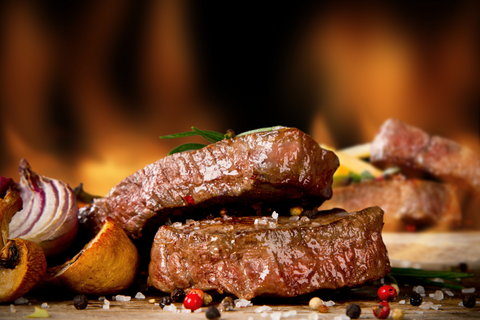
After a gastric sleeve surgery, avoiding whole, not ground, meats such as steak and pork is crucial. These meats are denser and difficult for your new stomach to process. Chewing properly is essential, but the risk of complications increases.
Instead, opt for ground or minced versions of these meats. These alternatives are not only easier to chew but also to digest. Incorporating them into your diet will help prevent complications such as nausea, vomiting, and food blockages.
Remember to consume small amounts of protein at each meal. This practice aids in limiting portion sizes and promoting successful, long-term weight loss results.
Carbs Including Bread
After a gastric sleeve surgery, your diet should contain low-carb options, as foods high in carbohydrates can lead to weight gain. Consuming bread, rice, and pasta after the surgery might not be wise. These types of food are categorized as empty calories, which offer little nutritional value.
Replace these starchy choices with nutrient-dense alternatives such as vegetables or lean proteins. Consider alternatives like cereal made from whole grains, rich in fiber, and low in carbs. Making these smart dietary choices will significantly aid in weight loss and improve overall health post-surgery.
Hot & Spicy Foods
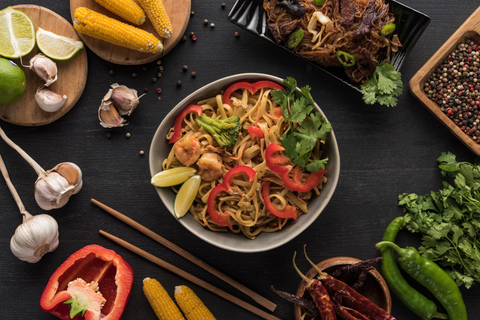
After a gastric sleeve surgery, avoiding hot and spicy foods is essential. These foods can cause discomfort and irritation to your newly sensitive stomach. Consuming them may lead to nausea or vomiting, especially in the initial months following the procedure.
To ensure a smooth recovery and minimize any adverse effects, it's best to stick to a bland, low-fat, and easily digestible diet. Gradually reintroduce spices in moderation once your body has had enough time to properly heal and adjust to the changes.
Remember, taking proper care of your diet post-surgery will significantly impact the overall success of the gastric sleeve surgery. So, make a conscious effort to avoid hot and spicy foods and prioritize your long-term health.
Greasy Foods - Especially Fast Food
After gastric sleeve surgery, avoiding greasy foods, particularly fast food options, is crucial. Consuming fatty and oily meals can cause discomfort and adverse reactions in your body. For example, you may experience dumping syndrome, which leads to diarrhea, nausea, and rapid heart rate due to the quick passage of high-fat meals into the small intestine.
Steer clear of items such as chips and deep-fried pretzels. These snacks are loaded with unhealthy fats and may slow down your weight loss journey. Opt for nutritious alternatives like fresh fruits, vegetables, or whole-grain crackers to satisfy your cravings without jeopardizing your progress.
Remember, your body has undergone significant changes, and providing it with the proper nutrition is essential for recovery. Stick to a healthy, well-balanced diet and consult your healthcare team for guidance on post-operative eating habits and food choices.
Foods Containing Sugar Alcohols
After gastric sleeve surgery, it is essential to remain cautious about your food choices. Foods containing sugar and alcohol can be problematic for your digestive system. Sugar alcohols are often found in sugar-free and low-calorie products, such as protein shakes and snacks targeted at weight loss.
These sugar substitutes may lead to gastrointestinal discomfort and could hinder your progress in achieving successful weight loss. Opt for alternatives that don't contain sugar alcohols, like natural sweeteners. By doing so, you'll take care of your digestive system and ensure a smooth journey towards your weight loss goals.
Remember to speak with your dietitian or nutritionist for personalized guidance regarding your diet post-bariatric surgery. They will help tailor a meal plan that accommodates your individual needs and ensures optimal health and weight loss results.
Also Read: What Can You Not Eat After Bariatric Surgery (Food List)



 Order Free Sample
Order Free Sample


